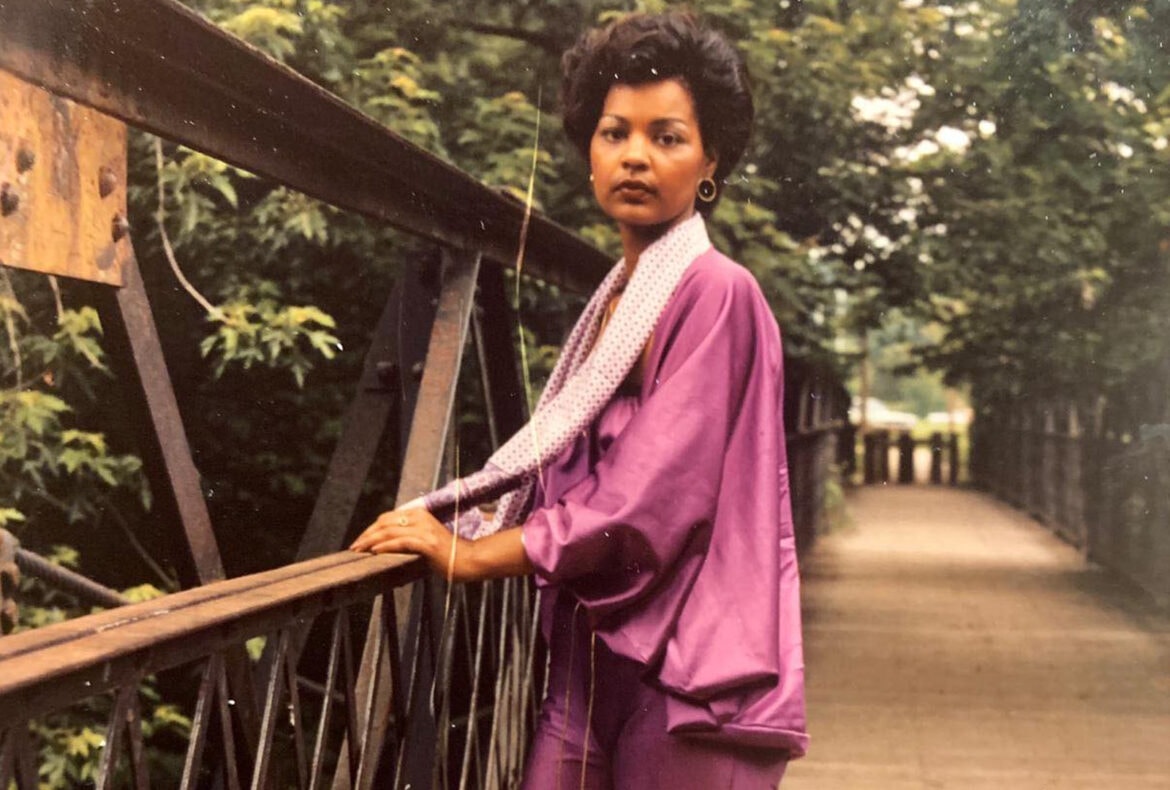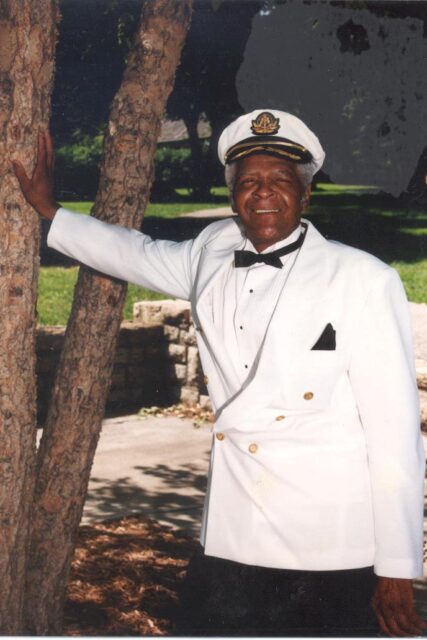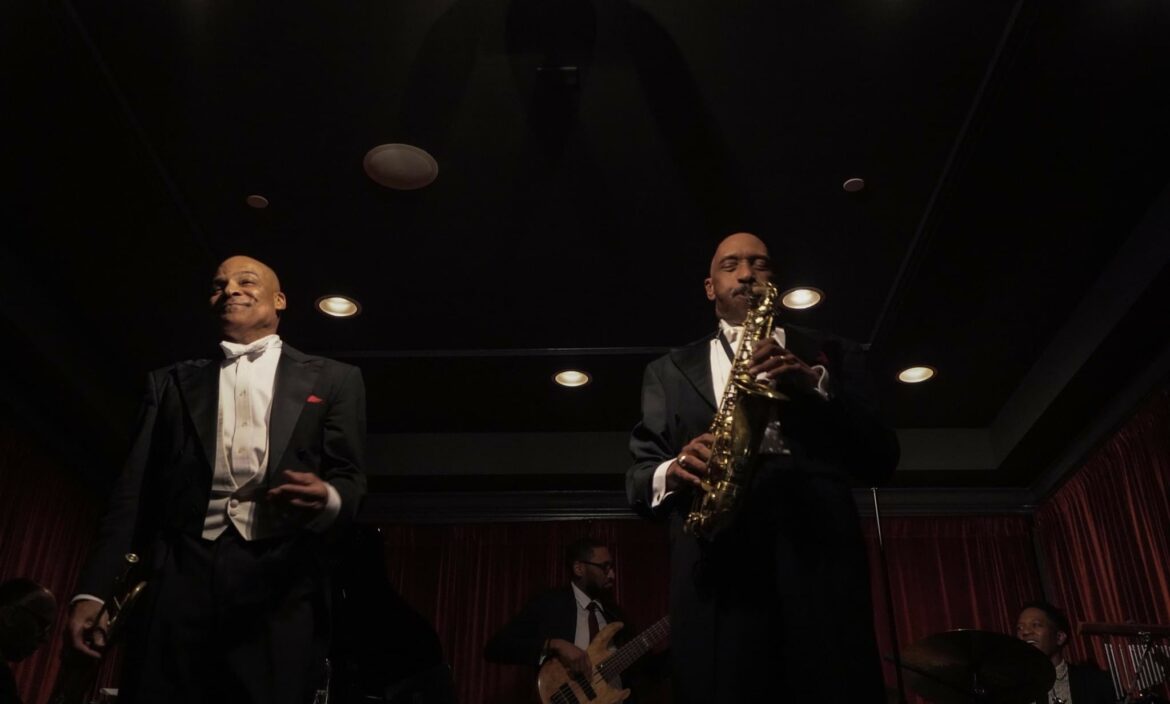- Home | curiousKC | Question Everything | Questions Answered |
- curiousKC | Where is the Charlie Parker Memorial Foundation’s Music School now?
curiousKC | Where is the Charlie Parker Memorial Foundation’s Music School now? The story of the KC music school that got kids ‘off the streets,' and 'into the arts’
Published September 5th, 2022 at 6:00 AM
Above image credit: The Charlie Parker Memorial Foundation school of music was lauded in the '70s for getting kids ‘off the streets,' and 'into the arts.’ Where's it now? (Photo credit: Charlie Parker Memorial Foundation)
“It was such a great place for us to learn about music and culture. I met all the great names in jazz while a student there.”
— LaVerne Washington, to curiousKC
Singer and musician LaVerne Washington’s music is known all around the world. Her songs have been described as “undercover soul gems from the Midwest.”
The Kansas City native partially credits her success to what she learned at the Charlie Parker Memorial Foundation in the 1970s. Now, she’d like to know what happened to the local music school that once drew some of the greatest names in jazz.
‘Off the streets, into the arts’
The Charlie Parker Foundation was founded by musician Eddie Baker in 1971. It was a place for inner city kids to get “off the streets” and “into the arts,” as the slogan said.

Jazz greats such as Dizzy Gillespie, Mary Lou Williams, Count Basie and even Ella Fitzgerald regularly cycled through the school. If Baker asked, they would come.
“I was able to just walk in and listen to a lot of them playing or teaching, and I just absorbed as much as possible,” Washington said.
Jazz and blues were revived in the classrooms where professional musicians taught eager students, for free. Students like the McFadden brothers.
“I was practicing all the time, so they’d tell me something to do and the next week, I got it,” said Ronald McFadden, self-described as “the better of the McFadden brothers.”
The more ambitious students such as Ronald would be invited to play in showcases for the Kansas City community, performing on the same program as some of the most famous jazz musicians in the world. These experiences prompted many students to pursue music as a career.
“It was a dream for somebody like me,” he said.
While Ronald was a student, his brother Lonnie went to the building regularly for jam sessions.
“The biggest thing that I liked about Eddie Baker starting the Charlie Parker Academy is that it made the rest of Kansas city aware of who Charlie Parker was,” Lonnie said.
Parker’s legacy and style of music were embedded into the curriculum, even though the now-jazz legend was fairly unknown at the time.

Why Charlie Parker?
In the early 1970s, Charlie Parker’s name didn’t quite mean what it does now.
Kansas City musician Carroll Jenkins, who helped run the Charlie Parker Foundation, put it like this:
“Charlie Parker was famous more in the sense that he was infamous to his own people here in Kansas City,” Jenkins said in an archived interview from 1976. “He wasn’t very well accepted. He was a genius who came up with something new and different and confounded the critics … They didn’t understand.”
Parker was often ridiculed in his time, and it wasn’t until later that his talent was more widely recognized.
“Parker was a genius at improvisation,” Jenkins said. “He could think faster than any man alive.”
Despite this genius, Charlie Parker had largely fallen out of Kansas City’s memory in the 1970s. Music history and education hadn’t yet revived the soul of Kansas City’s 18th and Vine jazz hub.
When Jenkins and Baker thought of the best way to honor the Bird’s memory, they settled on community service.
“Our best bet was that the best service to the community would be in the area that Bird himself was in, the arts with an emphasis on music,” he said.
Jenkins says every time the foundation asked a renowned musician to teach at the school, they always said, “Yes,” as soon as they heard it was in Charlie Parker’s name.
Even though the funk greats were dominating the top 40, musicians in the ‘70s still had a lot to learn from jazz.
To Lonnie McFadden, jazz teaches you not to simply learn a song and copy it, but rather how to play with the rhythm and make it your own.
“And that’s what it’s about,” he said.
Watch Kansas City PBS’s documentary:
Resurrection
Despite the Parker namesake, funding was a constant struggle for the Charlie Parker Foundation. Former students recall Baker’s neverending hustle to find the dollars to keep the school alive.
“It just kind of petered out after Eddie got sick and he didn’t have the drive that it took,” Ronald McFadden said.
Though former pupils have kept the academy’s historic legacy alive, much of the paperwork and photos documenting the Charlie Parker Foundation were destroyed in a flood.
Greg Richter is a former student of the school and now works for the Charlie Parker Memorial Foundation. He recalled Baker closing and resurrecting the foundation several times through the ‘80s and ‘90s as funding flowed in and out.
At around that time, it appeared as though this would be the final curtain call. Then Eddie Baker’s son stepped in to reinstate the latest iteration of the Charlie Parker Memorial Foundation.
Today, the foundation continues its mission to provide music education for inner city kids.
“Jazz is immortal,” Jenkins said back in ‘76. “It will never die as long as there is a person on earth that can play it.”
Tags: Charlie Parker • Charlie Parker Memorial Foundation • curiousKC • Jazz History • local music • music
Like what you are reading?
Discover more unheard stories about Kansas City, every Thursday.
Thank you for subscribing!
Check your inbox, you should see something from us.
Ready to read next


